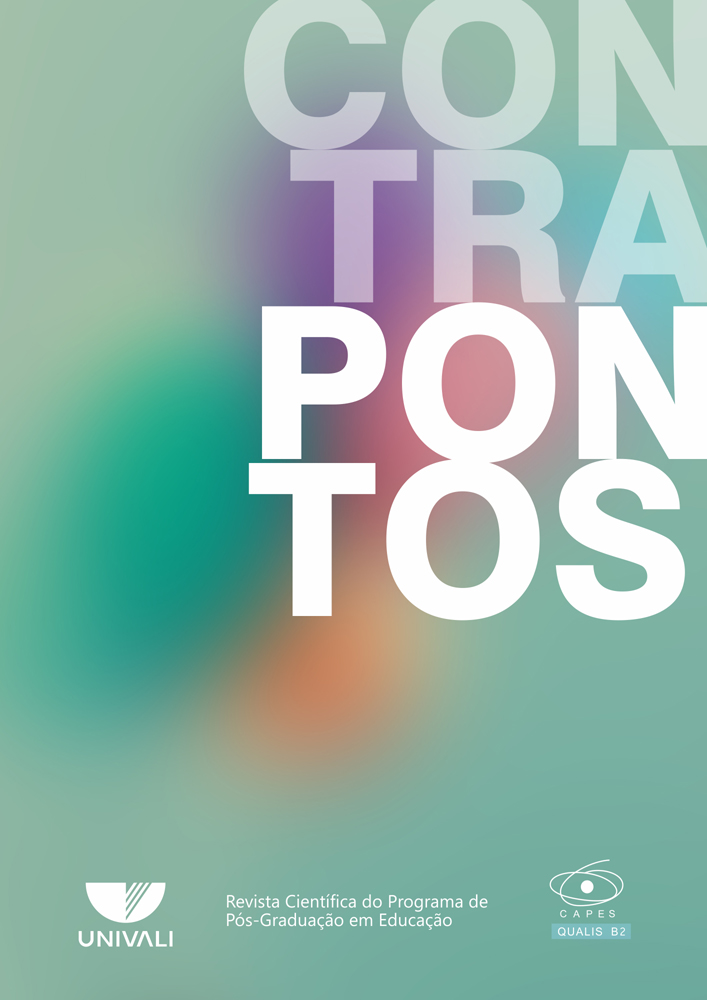
This article discusses the inspiration of Edmund Husserl’s phenomenological philosophy (1958; 1975) as a possible epistemological path for research on educational practices in non-school spaces. For this, the article brings the refl ection of some authors about this philosophy, such as Salansky (2006), Depraz (2011) and Ferreira (2015) and, particularly, the development of three concepts considered relevant to the analysis of educational reality as a social phenomenon: the noema, the noesis and eidetic variation as a donation of the meaning of reality by the subjects of the teaching-learning processes. And, at the end, the article shows the use of these aspects of phenomenology and some results at some education and poverty’s research that used this methodological approach.




Copyright (c) 2022 Revista Contrapontos
This work is licensed under a Creative Commons Attribution 4.0 International License.





